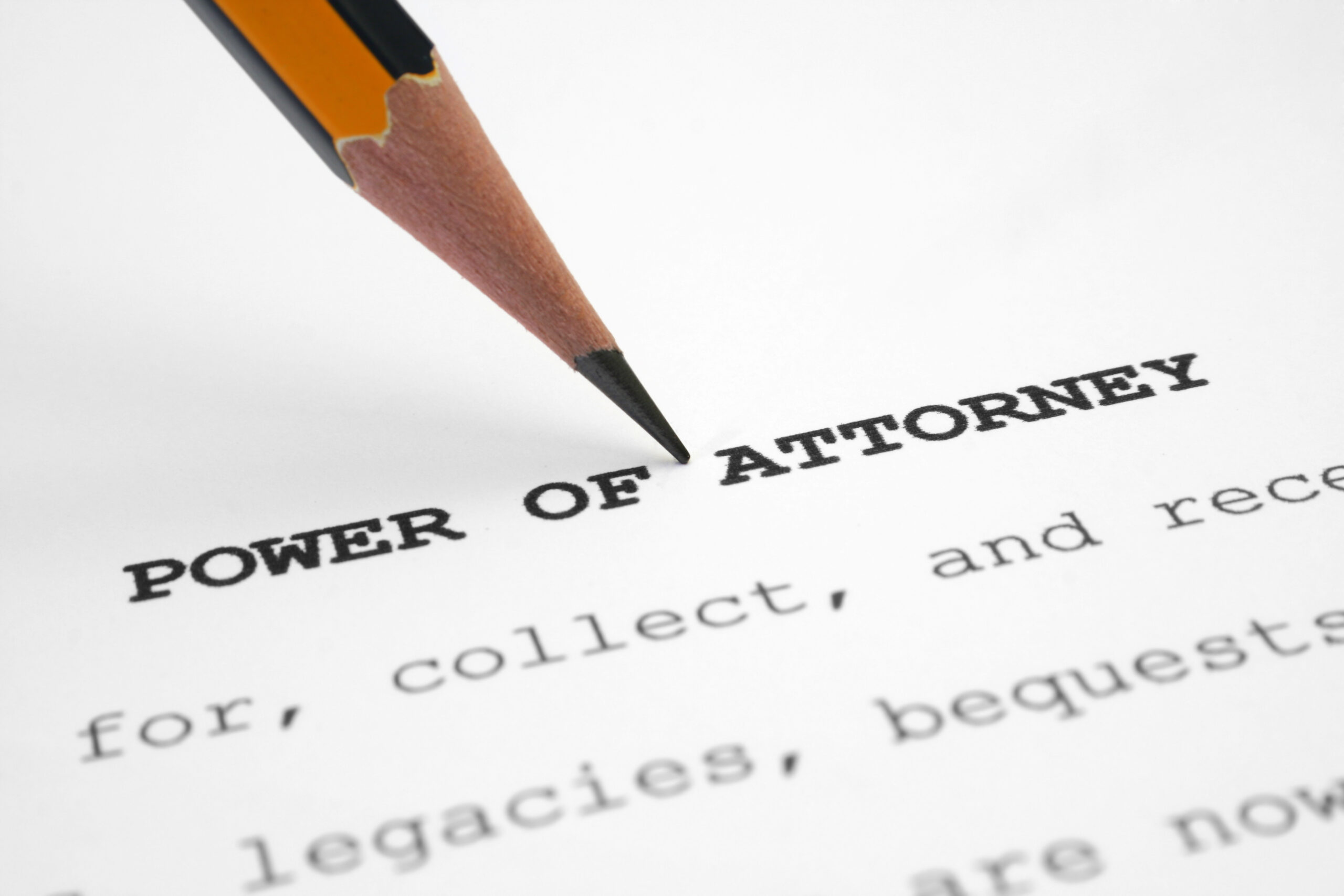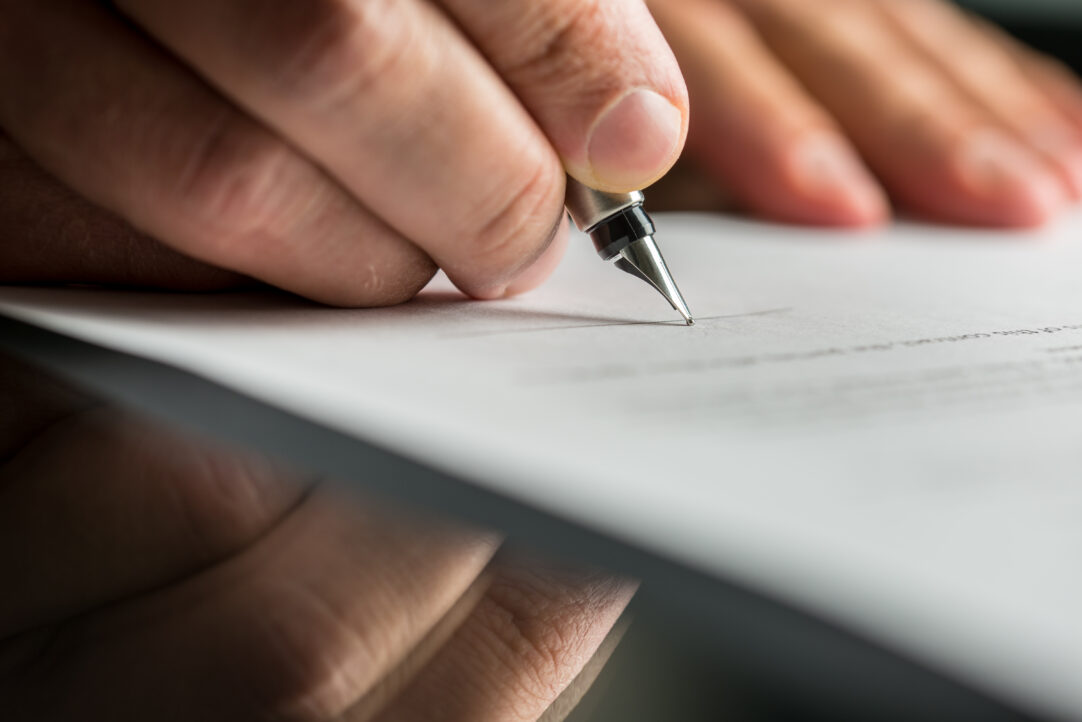- 18 Jan 2024
- •
- 2 min read
Do I need a Lasting Power of Attorney?

The possibility of your mental capacity deteriorating in the future is not something people like to think about. Nevertheless, it is best to be prepared for any eventuality and that includes the possibility that you may need someone else to help look after your affairs later in life.
This is where Lasting Powers of Attorney come into play. They are documents that you can put in place now, which would ensure that those who you trust the most (your ‘attorneys’) can look after certain affairs for you when you cannot do so yourself.
What are the two types of LPA?
There are two different types of Lasting Powers of Attorney (‘LPA’):
- Property and Financial Affairs LPA
- Health and Welfare LPA
What is a Property and Financial Affairs LPA?
The Property and Financial Affairs LPA can be used by your chosen attorney(s) to manage your financial affairs such as your property, bank accounts and investments. Not just limited to those who lack mental capacity, you can choose for this LPA to be used by your attorney(s) whilst you still have mental capacity. It can be particularly useful, for example, if you find it physically difficult to visit the local branch of your bank, or because you do not want to go through the stress of selling and/or buying a property.
What is a Health and Welfare LPA?
The Health and Welfare LPA can be used by your chosen attorney(s) to make decisions such as, what medication you should take, what care you should receive and where you should receive it. You also have the ability to allow your attorney(s) to give or refuse consent to life sustaining treatment should you wish. This LPA can only be used by your attorney(s) if you can no longer make decisions for yourself.
Which LPA should I put in place?
You can choose to have either one LPA or both LPAs, but either way your attorney(s) must always act in your best interests. Attorneys are guided by the principles of the Mental Capacity Act 2005, which is overseen by the Office of the Public Guardian. The documents also allows you to appoint replacement attorneys who would step in an act should your primary attorney(s) be unwilling or unable to act for any reason.
What if I do not have an LPA in place?
Now, you may be reading this thinking that it will be years before you need to consider putting these documents in place. However, the fact is that an accident or illness could instantly take away your mental capacity. You should therefore not leave it until it is too late because once capacity is lost, you will not be able to put LPAs in place.
If that situation were to arise, an application to become your ‘deputy’ would need to be made to the Court of Protection. This route takes longer, can be more costly and there is a lot more supervision by the Court.
Lasting Powers of Attorney are therefore a provision that everyone should consider putting in place. Our experts here at Trethowans will talk to you about all aspects of Lasting Powers of Attorney and will guide you through the process from start to finish.
To speak to one of our experts about making Lasting Powers of Attorney, please call us on 0800 2800 421.













